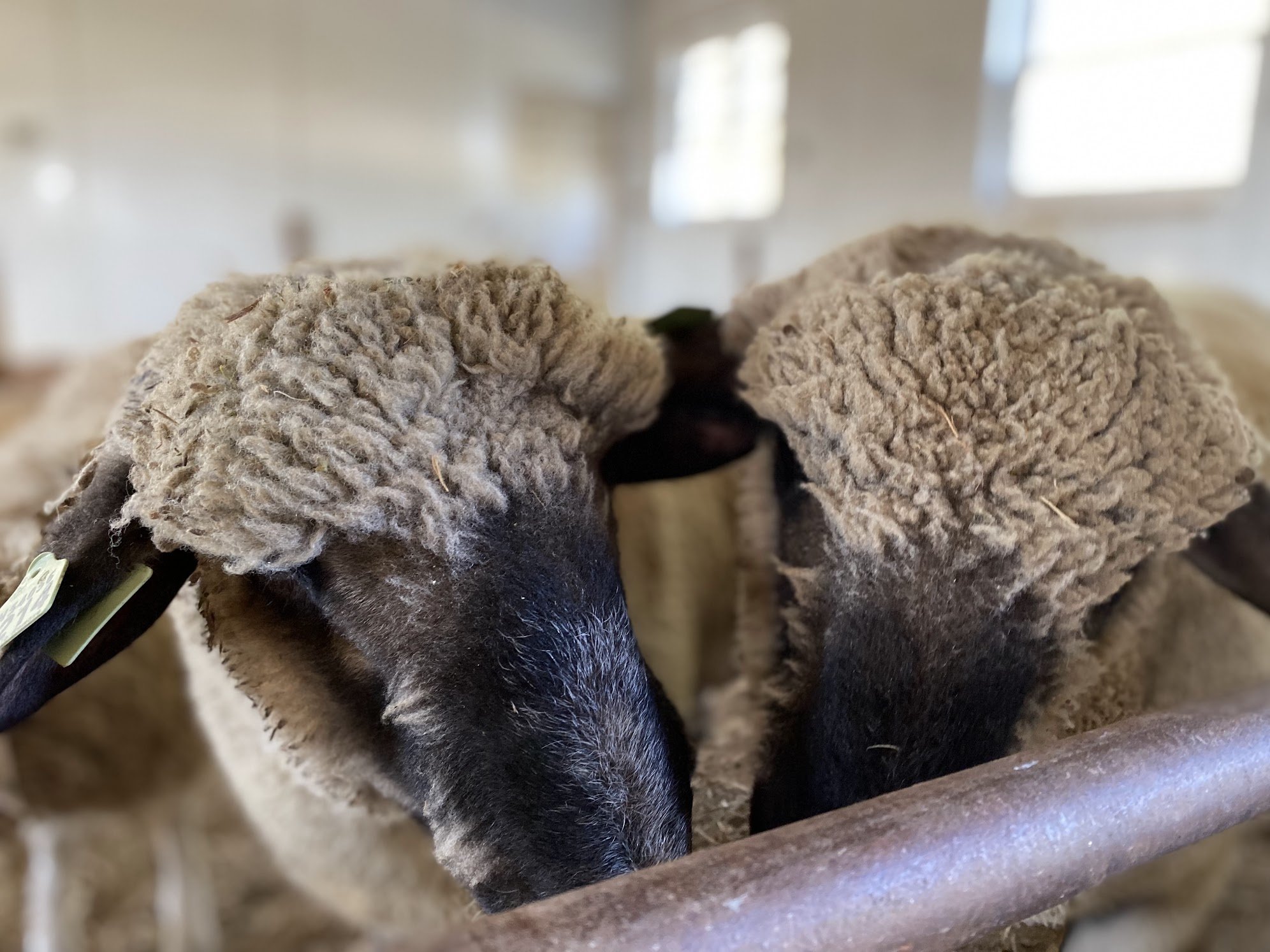Raising Healthy Lambs at Silver Valley Farm
Lambs are not only adorable additions to any farm but also integral to the meat and wool industry. Proper care techniques for lambs are crucial not only for their well-being as well as the success of the farm. Whether you're a seasoned shepherd or a newcomer to the world of farming, understanding the essentials of lamb care is paramount. In this guide, we'll delve into the practices we use for nurturing our lambs here at Silver Valley Farm in Indiana.
Understanding Lamb Nutrition:
Lambs, like all young animals, require a balanced diet to thrive. For the first few weeks of life, our lambs primarily depend on their mother's milk. Ewes should be provided with adequate nutrition to ensure the quality and quantity of milk production. Additionally, offering creep feed, which is supplemental food given to lambs to help them grow while they are still nursing, can encourage early rumen development.
Shelter and Comfort:
Providing appropriate shelter is essential for protecting lambs from harsh weather conditions and predators. Our barn is well-ventilated with clean, dry bedding, which is ideal for sheep to thrive. Lambs are sensitive to cold temperatures, so ensuring a warm environment is crucial. This is especially important during colder months, which we experience in Indiana.
Health Monitoring and Vaccination:
Regular health checks are imperative to detect any signs of illness or disease early on. Vaccinations against common ailments such as clostridial diseases and respiratory infections are administered as recommended by a veterinarian. Daily monitoring is the key to catching early signs of abnormal behavior in lambs and correcting the issue quickly.
Grazing Management:
As lambs grow older, they transition from a milk-based diet to high protein alfalfa hay and then onto pasture. Proper grazing management is essential to ensure lambs have access to nutritious forage while preventing overgrazing. Rotational grazing helps us maintain pasture quality and prevent the buildup of parasites.
Wool Care:
Wool is one of the most valuable products obtained from lambs if the fleeces are clean of vegetable matter and proper health is maintained. If a lamb runs a fever, this will cause a break in the fiber and the fleece should be repurposed for another use other than clothing. Shearing is done annually to maintain the health of the sheep and the quality of the wool.
Socialization and Enrichment:
Lambs are social animals and thrive in environments where they can interact with their flock-mates. Like goats, lambs are curious and enjoy butting heads and playing king of the mountain. As lambs adapt to eating grass, they often play follow-the-leader back to the safety of the barn until they become comfortable in their new setting.
Record Keeping:
Keeping detailed records of lamb health, vaccinations, and growth rates is essential for monitoring their progress and identifying any potential issues early on. This information is also invaluable when we make management decisions and attempt to improve farm efficiency.
Proper care techniques for lambs are fundamental to their health, welfare, and productivity at Silver Valley Farm. By prioritizing nutrition, shelter, health monitoring, grazing management, wool care, socialization, and record-keeping, we can ensure the well-being of our lambs and optimize wool production. Remember, happy and healthy lambs not only contribute to the success of the farm but also enrich the lives of those who care for them.



